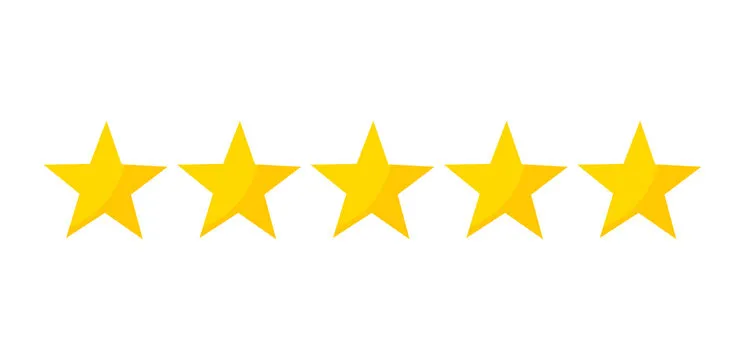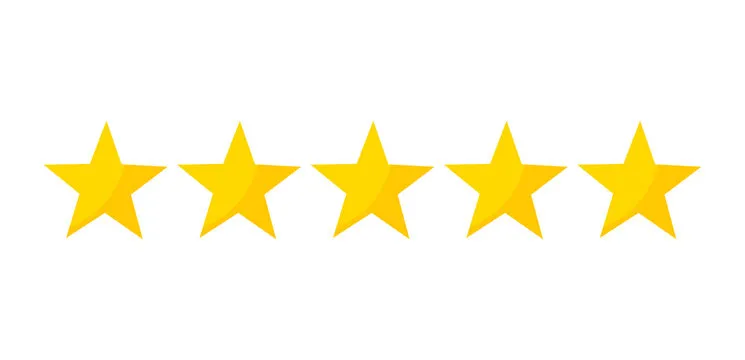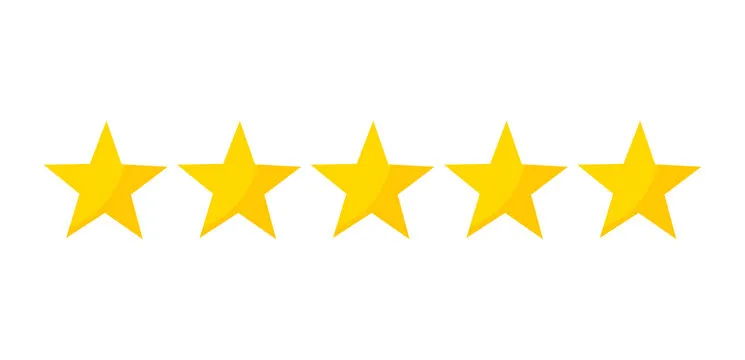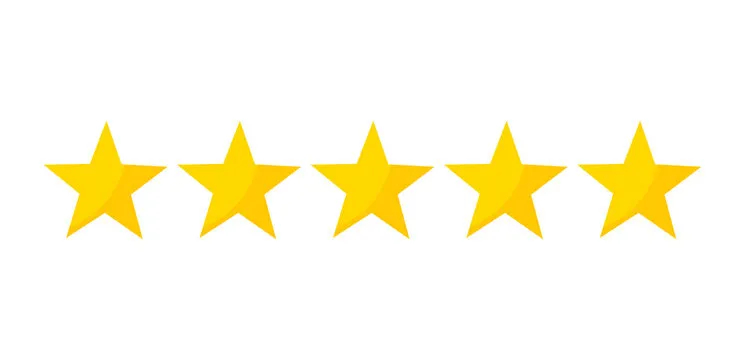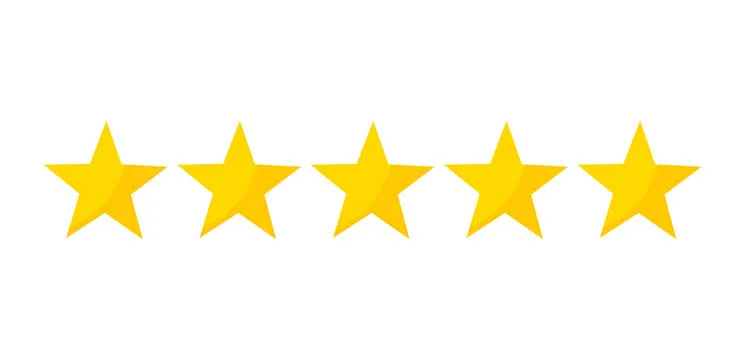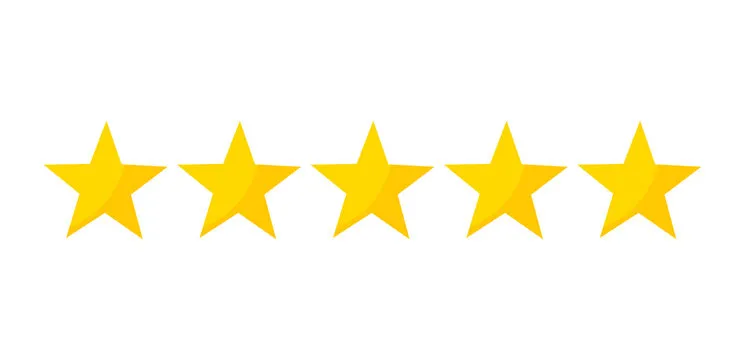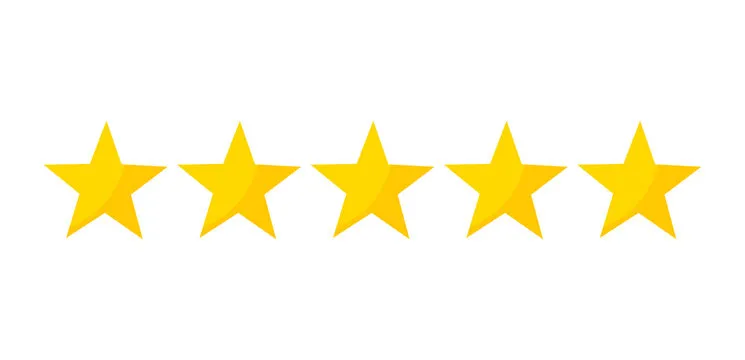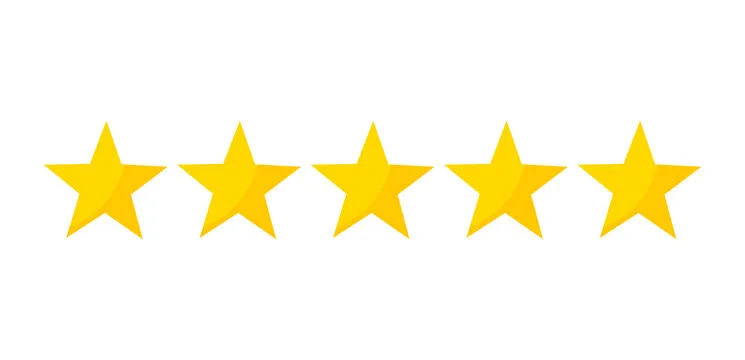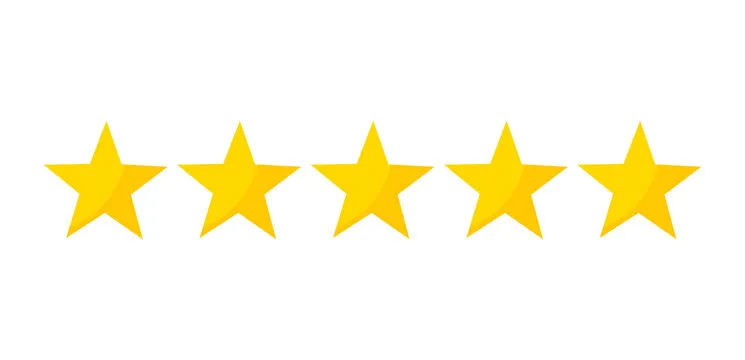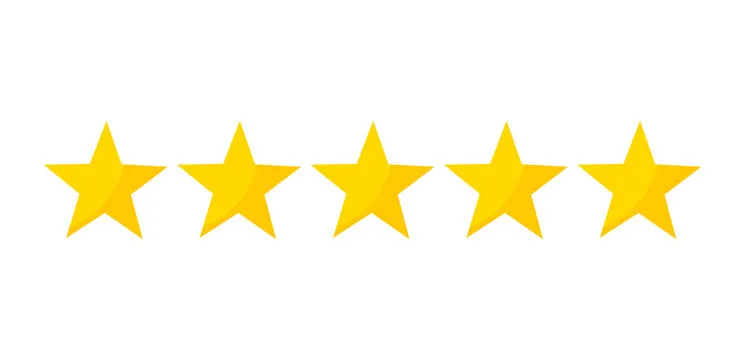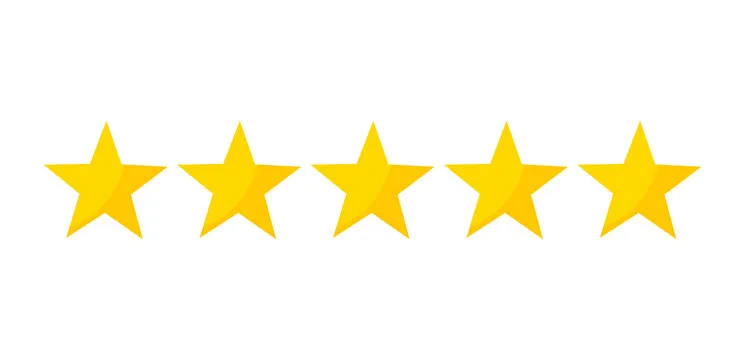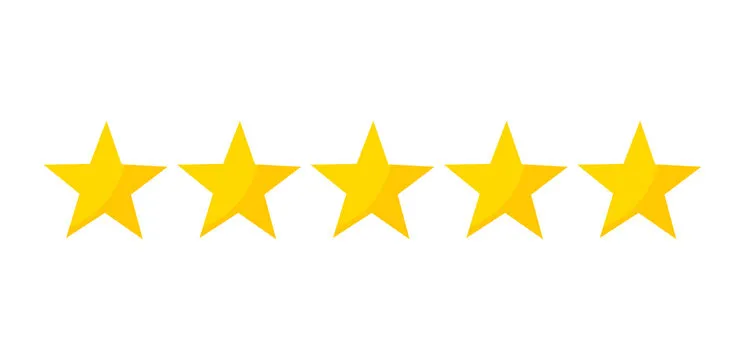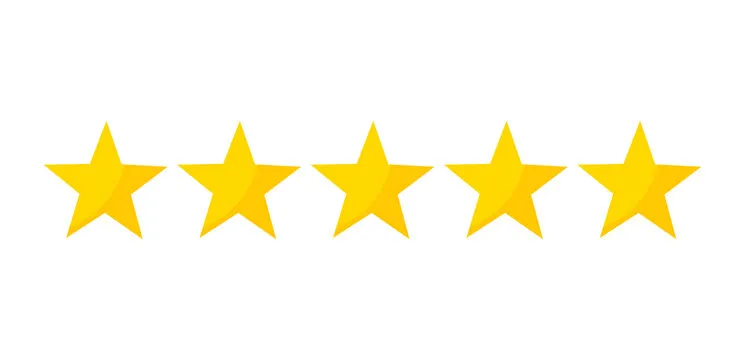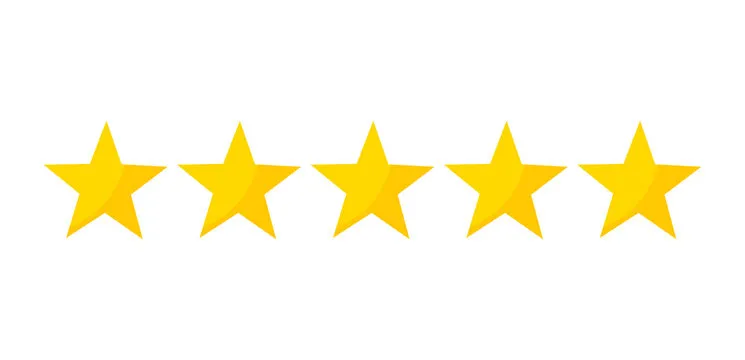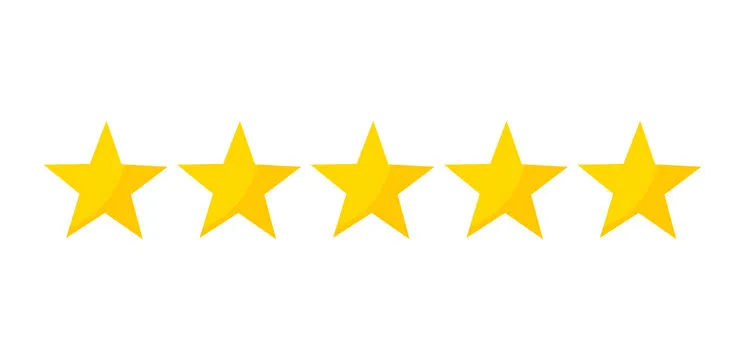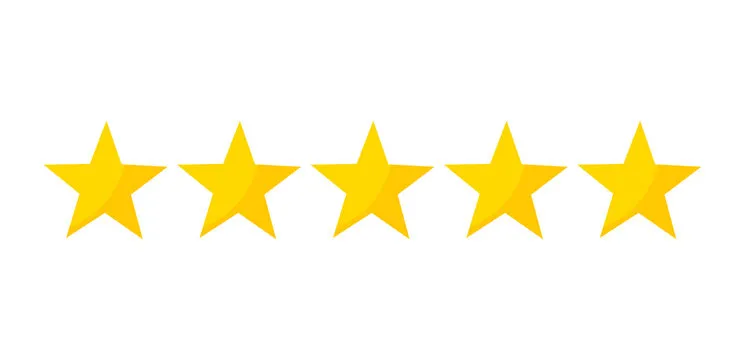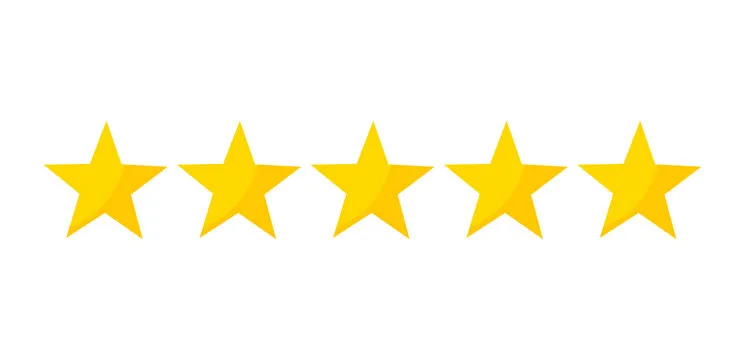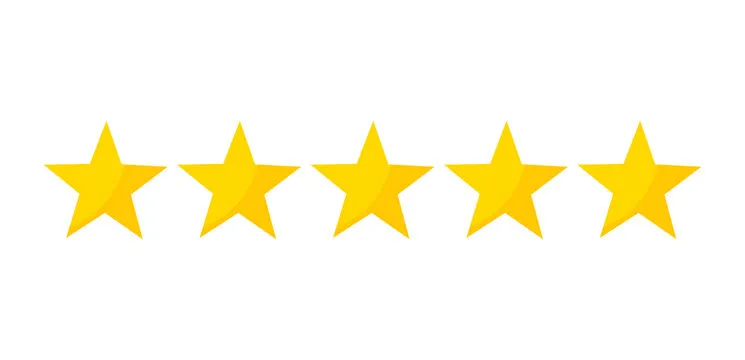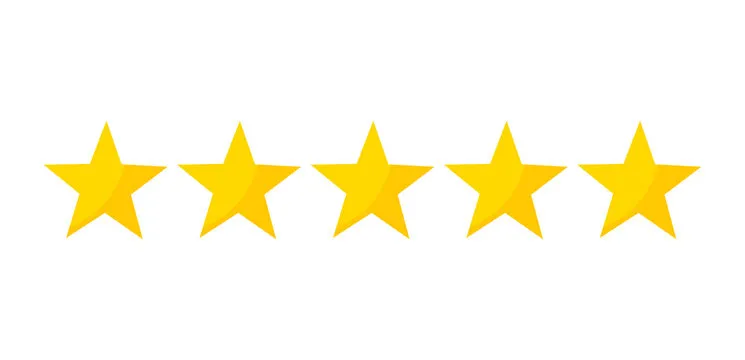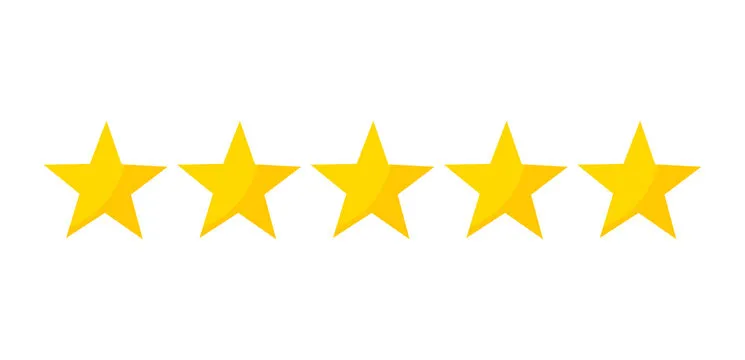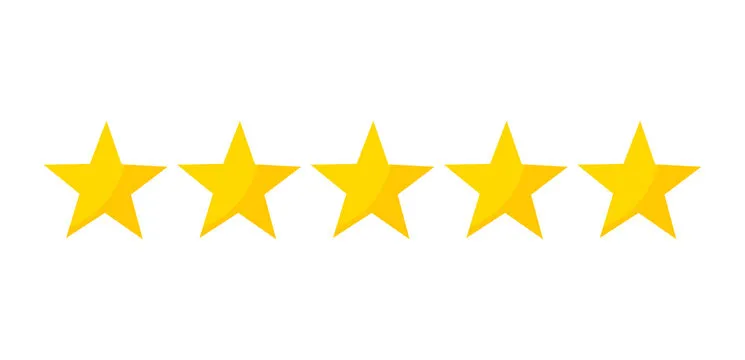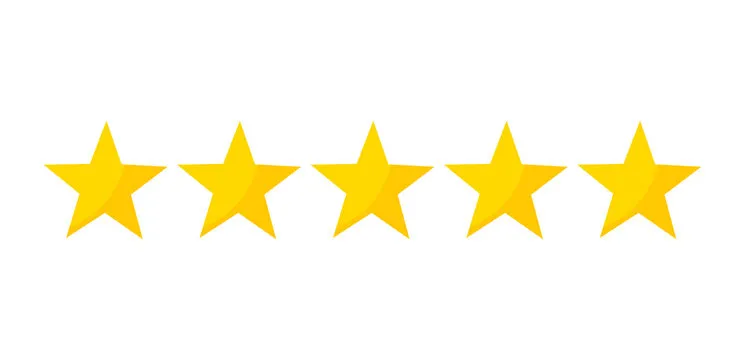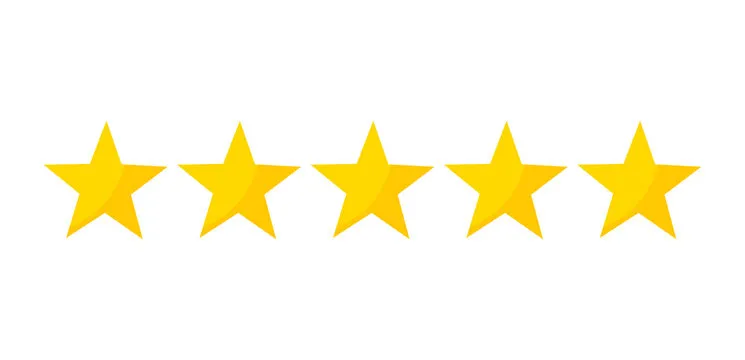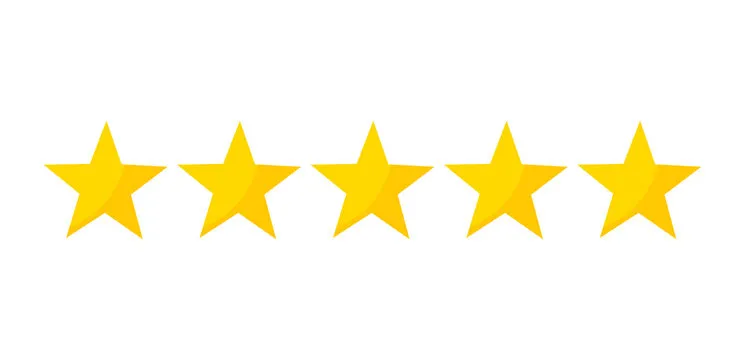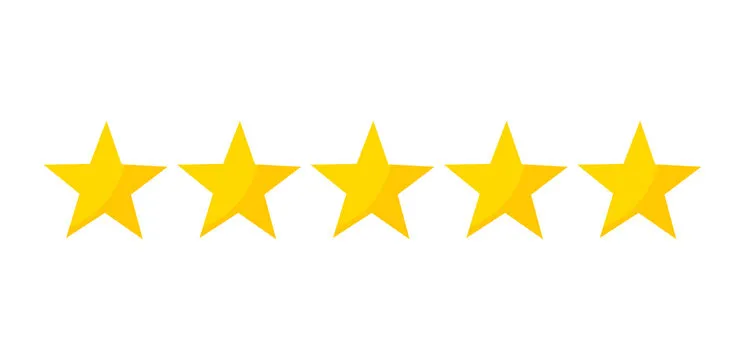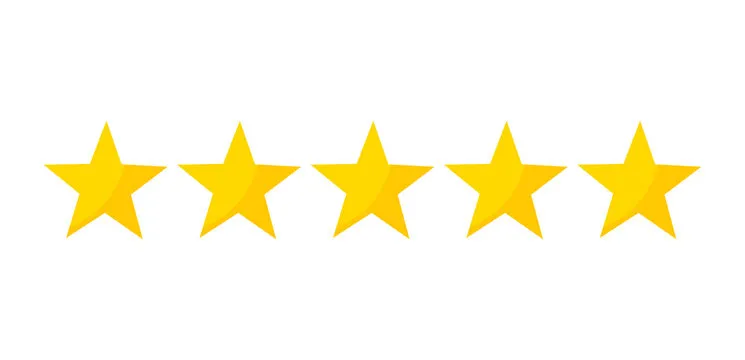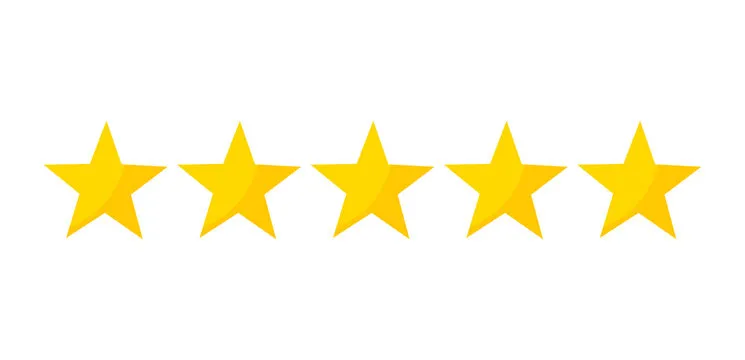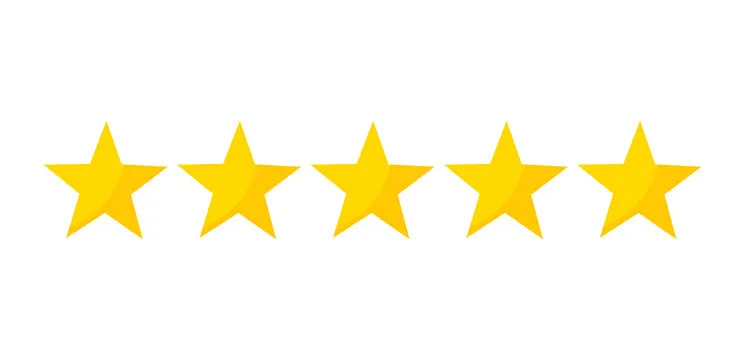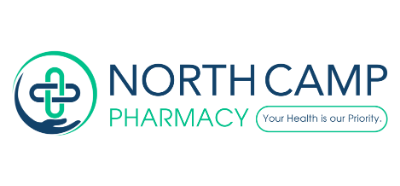
Chemotherapy can cause unpleasant side effects, although many can be treated or prevented, and most will pass once your treatment stops.
It's difficult to predict what side effects you'll get.
Here's a list of many of the common side effects, but it's unlikely you'll have all of these.
Tiredness (fatigue) is one of the most common side effects of chemotherapy.
Many people having treatment feel tired a lot of the time or get tired very easily doing everyday tasks.
It can help to:
If you're working, you may want to ask your employer for time off or arrange to work part-time until your treatment has finished.
Contact your care team if you suddenly feel very tired and out of breath. This can be a sign of anaemia.
Many people having chemotherapy will have periods where they feel sick (nausea) or are sick (vomit).
Your care team can give you anti-sickness (antiemetic) medicine to reduce or prevent this.
This is available as:
Side effects of anti-sickness medicines include constipation, indigestion, problems sleeping (insomnia) and headaches.
Tell your care team if your medicine does not help, or it causes too many side effects. There may be a different one that works better for you.
Hair loss is a common side effect of chemotherapy, although it does not happen to everyone. Ask your care team if it's likely to be a side effect of the medicines you're taking.
If you do lose hair, it usually starts within a few weeks of your first treatment session. If you lose lots of hair, this typically happens within 1 to 2 months.
It's most common to lose hair from your head, but you can also lose it from other parts of your body, including your arms, legs and face.
The hair loss is almost always temporary. Your hair should start to grow back soon after your treatment has finished.
But sometimes the hair that grows back is a slightly different colour or it may be curlier or straighter than it used to be.
Hair loss can be upsetting. Talk to your care team if you're finding it difficult to cope with losing your hair.
They understand how distressing it can be and can support you and discuss your options with you.
For example, you may decide you want to wear a wig. Synthetic wigs are available free of charge on the NHS for some people, but you'll usually have to pay for a wig made from real hair.
Other options include headwear, such as a headscarf.
Read more about advice about cancer and hair loss.
It may be possible to reduce the chances of hair loss by wearing a cold cap while you're having chemotherapy.
A cold cap looks like a bicycle helmet and is designed to cool your scalp during a treatment session. This reduces blood flow to your scalp, reducing the amount of medicine that reaches it.
Whether you can use a cold cap depends on the type of cancer you have. Cold caps also work better with certain types of chemotherapy medicine, and they do not always work.
Ask your care team whether a cold cap might help you.
Chemotherapy can reduce your body's ability to fight infection. This makes you more likely to get infections that could make you seriously ill.
It's a good idea to take precautions to protect yourself against infection by:
A course of antibiotics may sometimes be prescribed to reduce your risk of getting an infection.
Chemotherapy lowers your amount of red blood cells, which carry oxygen around the body.
If your red blood cell count drops too low, you'll develop anaemia.
Symptoms of anaemia include:
Contact your care team as soon as possible if you have any of these symptoms. You may need treatment to increase your number of red blood cells.
Including a high amount of iron in your diet can help reduce your risk of anaemia, as iron helps the body make red blood cells.
Foods high in iron include:
Read more about iron deficiency anaemia.
Chemotherapy can reduce the number of cells called platelets in your blood. These help stop severe bleeding when you cut or injure yourself.
If you have a low number of platelets, you may have:
Tell your care team if you experience these problems. You may need treatment to increase the number of platelets in your blood.
Sometimes chemotherapy can make the lining of the mouth sore and irritated. This is known as mucositis.
Symptoms tend to develop a few days after treatment starts and include:
Tell your care team if you have any of these problems. They may recommend painkillers or a special mouthwash that can help.
Avoiding spicy, salty or sharp foods can also help.
Laser therapy, where low-levels lasers are used to stimulate healing, have proved effective in treating or preventing mucositis. But as this is a new type of treatment, access to it may be limited.
Mucositis usually gets better a few weeks after chemotherapy finishes.
You may lose your appetite while you're having chemotherapy, but you should try to drink plenty of fluids and eat what you can.
It may help to:
Tell your care team if you're worried about your diet or lack of appetite.
Some chemotherapy medicines can cause temporary changes to your skin.
For example, it may become:
Talk to your care team if you have any problems with your skin. They can advise you about creams that can help and how to protect your skin from the sun.
Chemotherapy can also make your nails become brittle or flaky, and white lines may develop across them. This should go back to normal after your treatment has finished.
Using moisturiser on your nails may help and nail varnish can be used to cover your nails during treatment if you like. Avoid using quick drying varnish or false nails as these have an increased risk of infection.
Some people have problems with their short-term memory, concentration and attention span during chemotherapy. You may find that routine tasks take much longer than usual.
It's unclear why this happens, but the symptoms usually improve once treatment is finished.
Things such as using lists, post-it notes, calendars and your mobile phone for reminders can help. Doing some mental exercises, eating well, and getting enough rest may also be useful.
Some people having chemotherapy have difficulty falling asleep, or wake up in the middle of the night and cannot get back to sleep. This is known as insomnia.
The following may help to improve your sleep:
Contact your care team if this advice does not work, as you may need additional treatment.
Read more about insomnia.
Many people find that they lose interest in sex during chemotherapy. This is usually temporary, and your sex drive should gradually return after your treatment has finished.
Some chemotherapy medicines can also reduce fertility in men and women. This is often temporary, but it can be permanent in some cases.
Before starting treatment, ask your care team whether your fertility may be affected. If you're at risk of infertility, they will discuss your options with you.
Women may be able to have their eggs frozen to be used later in IVF. Men may be able to have a sample of their sperm frozen so it can be used for artificial insemination at a later date.
You should avoid becoming pregnant or fathering a child during your treatment, as chemotherapy medicines could harm the baby. Use a barrier method of contraception, such as a condom.
You may have diarrhoea or constipation a few days after you begin chemotherapy.
Your care team can recommend suitable medicines and diet changes that can help.
Having chemotherapy can be a frustrating, stressful and traumatic experience. It's natural to feel anxious and to wonder if your treatment will be successful.
Stress and anxiety can also increase your risk of getting depression.
Speak to your care team if you're struggling to cope emotionally. They can offer support and discuss possible treatment strategies.
Joining a cancer support group may also help. Talking to other people in a similar situation can often reduce feelings of isolation and stress.
The charity Macmillan Cancer Support has a directory of local support groups. You can also call the Macmillan Support Line free on 0808 808 00 00 (every day, 8am-8pm).
While the side effects of chemotherapy can be distressing, most are not serious.
Infections can be very serious if not treated immediately. Contact your care team immediately if you have any symptoms of an infection, these include:
You should have been given a card with emergency phone numbers to call. Contact a GP or use NHS 111 if you do not have a card or cannot find it.
